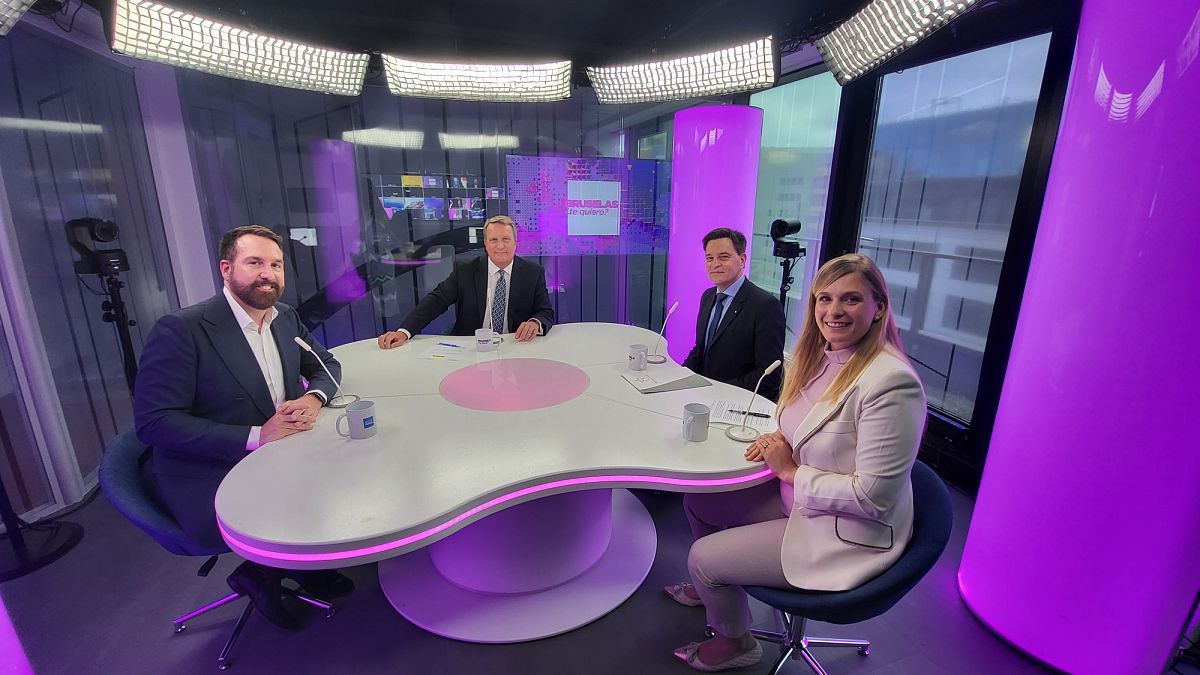

In recent weeks, the European economic scene has witnessed a myriad of significant developments, each posing unique challenges and opportunities. Central to this unfolding narrative is the European Union’s (EU) ongoing budget deliberations, which have sparked lively discussions about financial priorities and the introduction of potential new levies.
The launch of the EU budget deliberations serves as a cornerstone of this fiscal discourse. Decision-makers are exploring avenues to optimize resources, with specific attention devoted to possible tax increases on products like tobacco and alcohol. This move aligns with broader efforts to promote public health while augmenting state revenues. In parallel, there’s increasing scrutiny on the fast fashion business model, reflecting a growing commitment to sustainable economic practices and environmental consciousness.
Meanwhile, a fresh perspective on financial prosperity is painted by the latest Global Wealth Report. Here, Hungary, Lithuania, and Sweden emerge as forerunners, seeing substantial growth in citizen wealth. This uptick in net worth can be attributed to a flourishing confluence of investment strategies, favorable economic policies, and strategic resource allocation. Such progress exemplifies how dynamic economic policies can uplift wealth metrics and, by extension, improve the quality of life.
In Kazakhstan, a fascinating economic dynamic unfolds. Despite a global slowdown in foreign direct investment (FDI), Kazakhstan has successfully attracted substantial economic interest. Multibillion-euro agreements continue to materialize, illustrating the cyclical nature of investment trends rather than a decline in investor confidence. This resilience underscores Kazakhstan’s strategic economic positioning and ability to adapt to global FDI fluctuations.
European industry also grapples with challenges brought about by evolving trade dynamics. Volkswagen, a key player in Germany’s automotive sector, has encountered a stark financial hit due to recent US tariffs. A €1.3 billion impact on its income compels the firm to revise its financial outlook for 2025. Nevertheless, the company finds solace in robust European sales and the burgeoning sector of electric vehicles, which promise to underpin future growth prospects.
In trade relations, a potential breakthrough looms with the US and EU inching closer to a comprehensive trade agreement. The upcoming meeting between European Commission President Ursula von der Leyen and US President Donald Trump in Scotland highlights a pivotal moment for these negotiations. While trade talks progress, the influence of various political figures, including President Trump, remains a factor to monitor.
Together, these developments paint a complex and evolving picture of Europe’s economic landscape. From strategic budget adjustments and surges in personal wealth to trade negotiations and industrial challenges, each story contributes to shaping the future of Europe’s economic framework. The mindful pursuit of balance between innovation, sustainability, and growth appears central to Europe’s path forward, fostering optimism and proactive engagement with both regional and global economic currents.
Source: {link}
